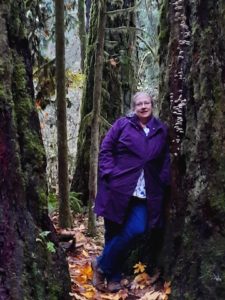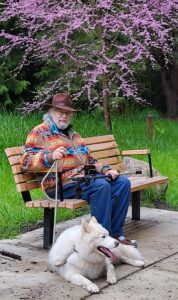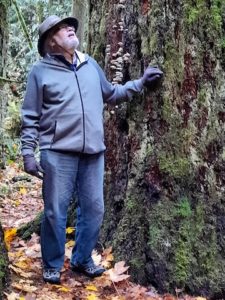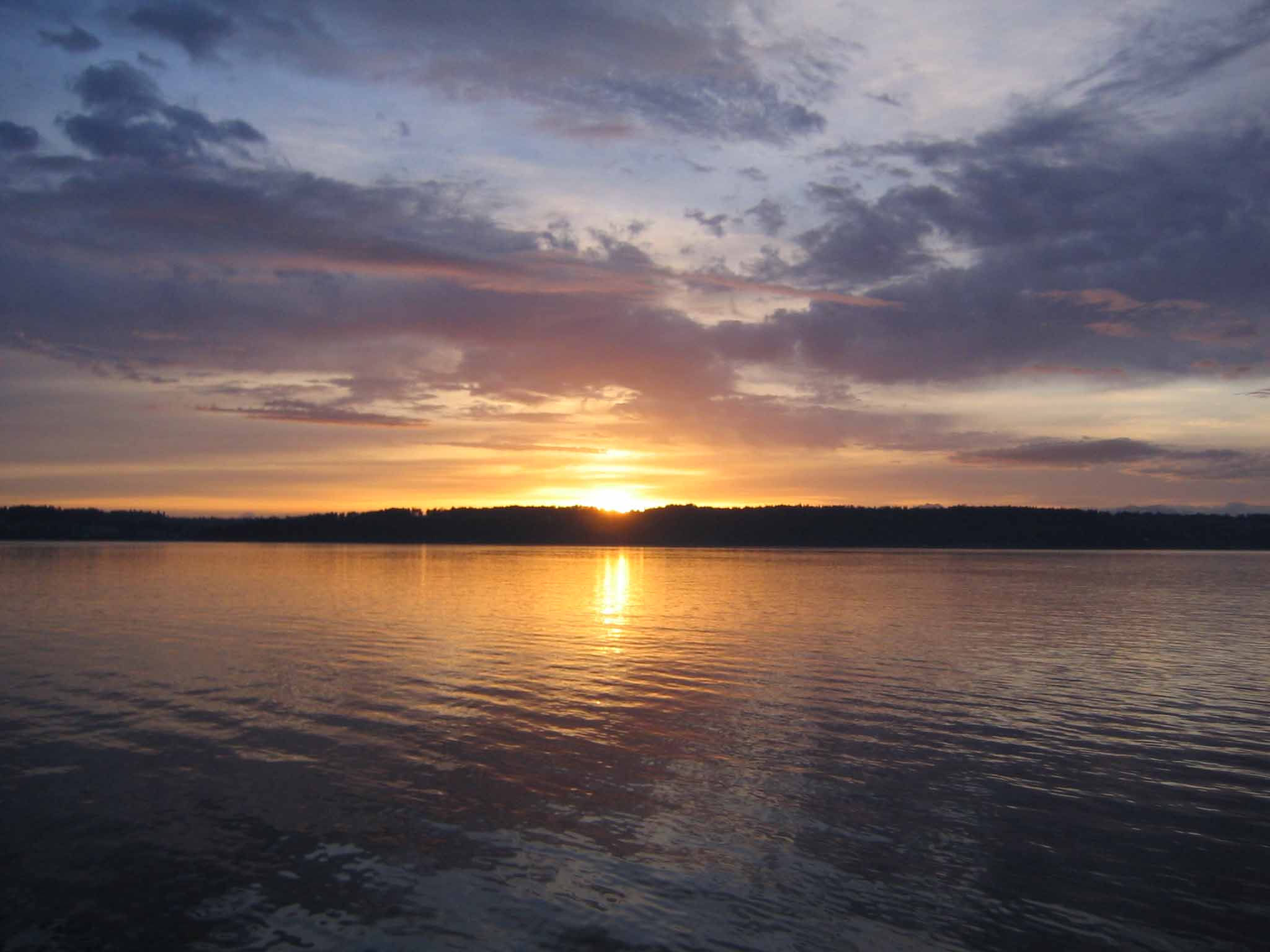1
When death carts me off to the bottomlands, when I begin the long work of rising—
Death, whoever and whatever you are, tallest king of
tall kings, grant me these wishes: unstring my bones;
let me be not one thing but all things, and wondrously
scattered; shake me free from my name. Let the wind, and
the wildflowers, and the catbird never know it. Let
time loosen me like the bead of a flower from its wrappings
of leaves. Let me begin the changes, let me—
Can you imagine a world without certainty?
The wind rises the wind falls.
The gravels of the world,
the stones of the world
are in their proper places.
The vast, writhing
worms of the sea
are in their places.
The white gulls
on the wet rocks
are in their places.
is certainty.
2
Ben sluices through the ferns, hound-smart.
The bracken up to his neck.
He breaks from the wood and gallops over the field.
The sass of his voice rises—
(Death that slow swim,
death that long walk over the dunes,
death that bleached clamshell… .)
and the rabbits scatter.
(Oh, heart, I would not dangle you down into
the sorry places,
but there are things there as well
to see, to imagine.)
3
Even the mosquito’s
dark dart,
flashing and groaning;
even the berries, softening back
into the black bog;
even the wood duck’s
white-circled eye,
and the first white lilies
on the shaggy pond,
and the big owl, shaking herself
out of the pitchpines,
even the turtle scratching in the dust,
even the black ant, climbing the mile-high hill,
even the little chattering swift
diving down into the black chimney.
Everything is participate.
Everything is a part of the world
we can see, taste, tickle, touch, hold onto,
and then it is dust.
Dust at last.
Dust and gravel.
In the distance, the rabbit-field.
Ben—his face in the grass, his chomping.
His sweet, wild eyes.
4
Are you afraid?
The ear of corn knows whereof it is plucked.
Are you afraid?
The wind moves this way and that way, something
is pushing it.
Are you afraid?
Somewhere a thousand swans are flying
through the winter’s worst storm.
They are white and shining, their black beaks
open a little, the red tongues flash.
Now, and now, and now, and now their heavy wings
rise and fall as they slide across the sky.
5
Goodbye to the goldfinches
in their silver baskets.
Goodbye to the pilot whales, and the curl of their spines
in the crisp waves.
Goodbye to the grasshopper.
Goodbye to the pond lilies, the turtle with her
cat’s head.
Goodbye to the lion’s mane floating in the harbor
like a spangled veil.
Goodbye to the moon uprising in the east.
Goodbye to the going forth, and coming home.
Goodbye to the going forth, and holding on, and worrying.
Goodbye to the engine of breath.
The knee sings its anguish.
The ears fill with the sound of ringing water.
The muscles of the eyes pull toward sleep.
Goodbye to the swaying trees.
Goodbye to the black triangles of the winter sea.
Goodbye to oranges, the prick of their fragrance.
Goodbye to the fox sparrow,
goodbye to the blue-winged teal.
Goodbye to lettuce, and the pale turnip,
and the gatherings of the rice fields.
Goodbye to the morning light.
Goodbye to the goldfinches
and their wavering songs.
Slowly
up the hill,
like a thicket of white flowers,
forever is coming.
6
It is the nature of stone
to be satisfied.
It is the nature of water
to want to be somewhere else.
Everywhere we look:
the sweet guttural swill of the water
tumbling.
Everywhere we look:
the stone, basking in the sun,
or offering itself
to the golden lichen.
It is our nature not only to see
that the world is beautiful
but to stand in the dark, under the stars,
or at noon, in the rainfall of light,
frenzied,
wringing our hands,
half-mad, saying over and over:
what does it mean, that the world is beautiful—
what does it mean?
The child asks this,
and the determined, laboring adult asks this—
both the carpenter and the scholar ask this,
and the fisherman and the teacher;
both the rich and the poor ask this
(maybe the poor more than the rich)
and the old and the very old, not yet having figured it out,
ask this
desperately
standing beside the golden-coated field rock,
or the tumbling water,
or under the stars—
what does it mean?
what does it mean?
7
The high-piled plum-colored storm-heavy clouds
are approaching.
The fly mumbles against the glass.
This is the world.
The hot little bluebirds in the box are getting ready to fly.
This is the world.
The sweet in the parsnip
waits for our praise.
The dragonfly lives its life
without a single error, it also
waits for our praise.
The pale-green moths are pressing
against the screen, fluttering, they are
dying to get in to press their papery bodies
into the light.
This is the world.
8
Listen, I don’t think we’re going to rise
in gauze and halos.
Maybe as grass, and slowly.
Maybe as the long-leaved, beautiful grass
I have known, and, you have known—
or the pine tree—
or the dark rocks of the zigzag creek
hastening along—
or the silver rain—
or the hummingbird.
9
I look up
into the faces of the stars,
into their deep silence.
10
This the poem of goodbye.
And this is the poem of don’t know.
My hands touch the lilies
then withdraw;
my hands touch the blue iris
then withdraw;
and I say, not easily but carefully—
the words round in the mouth, crisp on the tongue—
dirt, mud, stars, water— I know you as if you were myself.
How could I be afraid?
The poet Kabir says:
Friend, hope for the Guest while you are alive.
Jump into experience while you are alive!
Think . . . and think . . . while you are alive.
What you call “salvation” belongs to the time
before death.
If you don’t break your ropes while you’re alive,
do you think ghosts will do it after?
The idea that the soul will join with the ecstatic
just because the body is rotten —
that is all fantasy.
What is found now is found then.
If you find nothing now,
you will simply end up with an apartment
in the City of Death.
 If you make love with the divine now,
If you make love with the divine now,
in the next life
you will have the face of satisfied desire.
So plunge into the truth,
find out who the Teacher is,
believe in the Great Sound!
Kabir says this:
When the Guest is being searched for,
it is the intensity of the longing for the Guest
that does all the work.
Look at me,
and you will see a slave of that intensity.
—Kabir, translated and rendered by Robert Bly
You are the bread and the knife,
the crystal goblet and the wine.
You are the dew on the morning grass
and the burning wheel of the sun.
You are the white apron of the baker
and the marsh birds suddenly in flight.
However, you are not the wind in the orchard,
the plums on the counter,
or the house of cards.
And you are certainly not the pine-scented air.
There is just no way you are the pine-scented air.
It is possible that you are the fish under the bridge,
maybe even the pigeon on the general’s head,
but you are not even close
to being the field of cornflowers at dusk.
And a quick look in the mirror will show
that you are neither the boots in the corner
nor the boat asleep in its boathouse.
It might interest you to know,
speaking of the plentiful imagery of the world,
that I am the sound of rain on the roof.
I also happen to be the shooting star,
the evening paper blowing down an alley,
and the basket of chestnuts on the kitchen table.
I am also the moon in the trees
and the blind woman’s tea cup.
But don’t worry, I am not the bread and the knife.
You are still the bread and the knife.
You will always be the bread and the knife,
not to mention the crystal goblet and — somehow — the wine.
by Billy Collins, from “Nine Horses,”



